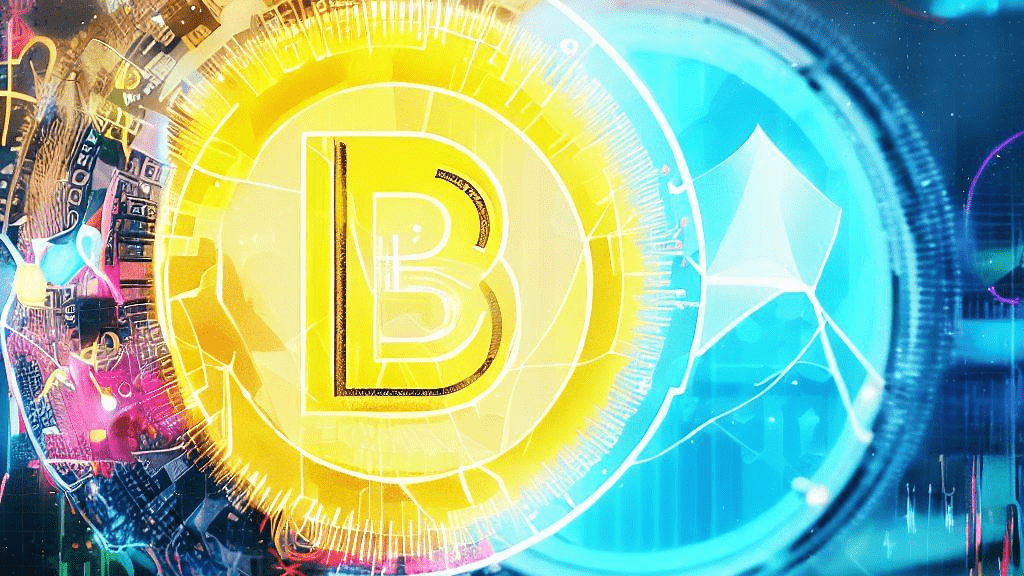
Binance Responds to Sanction Concerns: Terminates Partnership with Russian Banks in Ruble Transfers
Binance, a prominent player in the cryptocurrency exchange realm, has taken a significant step to address concerns related to sanctions by discontinuing its relationship with several Russian banks. These banks, under sanctions, were part of Binance’s peer-to-peer ruble fund transfer service. The move follows scrutiny and reports highlighting potential violations of sanctions and Binance’s operational connections.
The Wall Street Journal (WSJ) brought attention to the matter on August 22, underscoring Binance’s offering of sanctioned Russian banks like Tinkoff and Rosbank as transfer options. This revelation raised eyebrows, as it appeared that Binance was endorsing these banks as legitimate payment methods despite their sanctions-related status. The report spurred discussions about the possibility of sanctions violations, particularly against the backdrop of the Russia-Ukraine conflict.
In fact, the US Justice Department was reportedly investigating Binance for potential breaches of sanctions. The investigation centered on allegations of unauthorized access for Russian citizens, further complicating the exchange’s standing.
The report also highlighted external data suggesting significant trade volumes involving the Russian ruble on Binance’s platform. The WSJ pointed to Binance’s involvement in peer-to-peer ruble-to-digital asset transactions, particularly with banks facing Western sanctions. These claims were supported by user screenshots and chat messages.
Binance, however, refuted these allegations. The exchange clarified that it had no affiliation with any Russian bank, as emphasized by a spokesperson. Binance underscored its adherence to global sanctions rules, ensuring that individuals, organizations, entities, and countries blacklisted by the international community were denied access to its platform.
In response to the growing concerns, local news sources reported on August 23 that Binance had indeed removed the sanctioned banks from its list of payment methods. However, these banks seemingly reappeared using coded terms, with “yellow” signifying the sanctioned bank Tinkoff and “green” representing the sanctioned bank Rosbank. The Wall Street Journal’s subsequent report on August 25 confirmed that the sanctioned banks were no longer listed.
According to a Binance spokesperson quoted in the report, the removal of these banks was prompted by the exchange’s discovery that certain account holders were utilizing the service to circumvent sanctions. The spokesperson emphasized Binance’s commitment to addressing and rectifying any gaps in compliance policies promptly.
Binance’s Legal Complexities Amidst Evolving Sanctions and Cryptocurrency Trends
Throughout the year, Binance has navigated a series of legal challenges, creating a complex landscape for the exchange. The US Securities and Exchange Commission (SEC) filed a lawsuit against Binance, alleging its failure to comply with federal securities laws. Among the issues raised was Binance’s purported role in facilitating Russian fund transfers abroad, contributing to its intricate legal situation.
Adding to the complexities, in February, the European Council imposed sanctions on Russian banks including Tinkoff and Rosbank as part of its measures related to the Russia-Ukraine conflict. Similarly, the United States placed sanctions on Tinkoff and other entities, prohibiting various forms of ruble transfers from Russian entities to foreign bank accounts or for currency conversion.
In response to these economic and financial sanctions, Russia turned to cryptocurrencies as a workaround. To evade the sanctions, Russian citizens turned to a strategy involving the exchange of rubles for stablecoins, which were then converted into fiat currencies. The Wall Street Journal highlighted Binance’s role as a favored platform for such transactions in the region.
The report shed light on Binance’s peer-to-peer services, which enabled Russians to engage in trades amounting to $428 million per month between October 2022 and March 2023.
In a continually evolving landscape of international sanctions and cryptocurrency dynamics, Binance’s actions reflect the intricate balance exchanges must strike between adhering to regulatory measures and serving a diverse user base. As Binance navigates these challenges, it remains at the forefront of discussions about the intersection of cryptocurrency, regulations, and international relations.
In Conclusion
Binance’s decision to sever ties with sanctioned Russian banks underscores the exchange’s commitment to addressing compliance concerns. This move comes amidst reports of potential sanctions violations and operational connections that raised questions about Binance’s standing. As the cryptocurrency market continues to evolve within the context of international sanctions, Binance’s actions provide insights into the complexities that exchanges navigate to ensure regulatory adherence while catering to a global user base.



Get the latest Crypto & Blockchain News in your inbox.